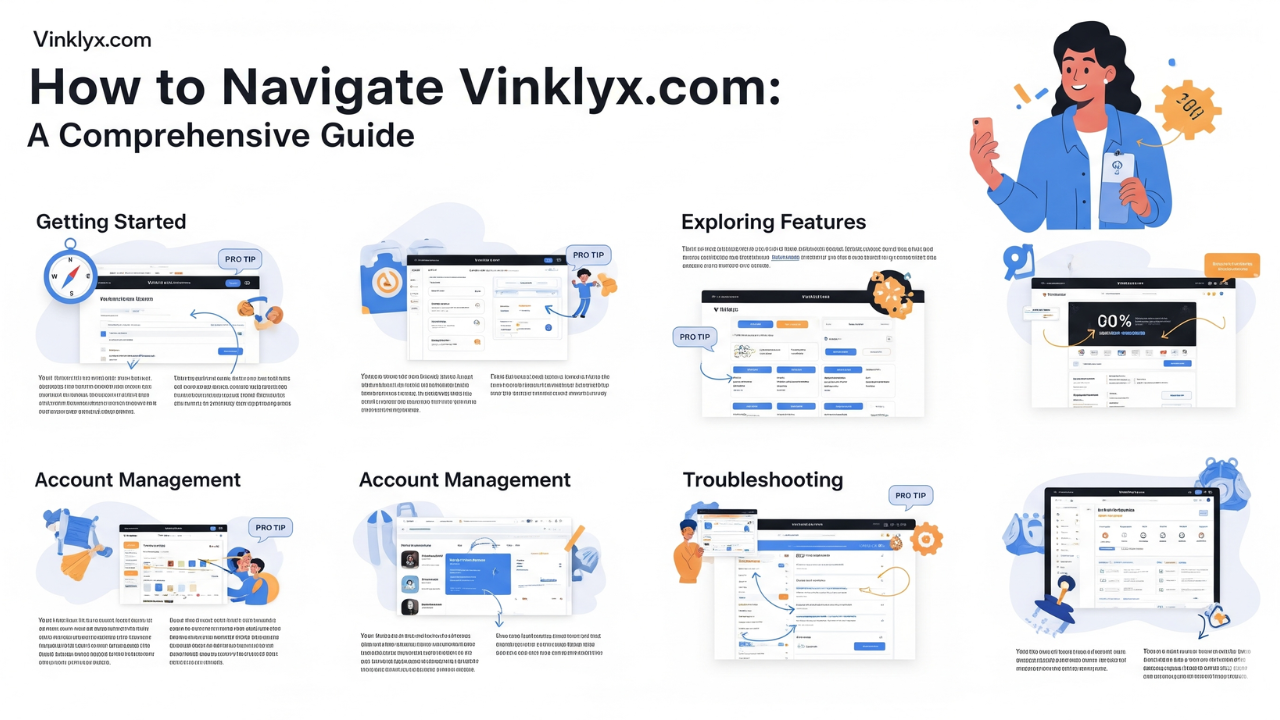Investing in property can be one of the smartest financial moves in the UK, but making real money from rentals isn’t as simple as collecting rent each month. The truth is, without proper financial management, landlords often lose thousands in unnecessary expenses and taxes. That’s where buy to let property accountants play a vital role—they help landlords navigate the complexities of property finances, reduce tax liabilities, and ultimately maximise rental income.
In this guide, we’ll break down practical accounting tips every UK property investor should know to keep more profit in their pocket.
Why Accounting Matters in Buy-to-Let
Owning rental property is a business. Just like any other business, success depends on how well you manage the money side of things. Proper accounting gives landlords clarity on:
- How much profit each property is generating
- Which expenses are deductible
- The impact of tax law changes (like mortgage interest relief restrictions)
- Long-term planning for capital gains and inheritance
Ignoring this side of property investing can lead to expensive mistakes, while getting it right sets the foundation for consistent profit growth.
Separate Personal and Property Finances
Many new landlords make the mistake of using their personal bank accounts for rental income and expenses. This makes tracking profits and preparing tax returns a nightmare.
Quick fix:
- Open a separate bank account just for rental income and property-related
- Use accounting software to automatically track cash
- Review monthly statements to monitor
This small step saves hours of frustration and ensures you always know how your investment is performing.
Claim Every Allowable Expense
One of the most effective ways to boost rental profits is by claiming all the tax-deductible expenses you’re entitled to. Many landlords underestimate just how much they can deduct.
Common allowable expenses include:
- Letting agent and management fees
- Repairs and maintenance (e.g., fixing leaks, replacing broken appliances)
- Insurance premiums for rental property
- Mortgage interest (with restrictions for individuals)
- Professional fees (legal, accountancy, surveys)
- Travel costs when managing the property
Pro tip: Always keep receipts and digital copies of invoices. HMRC requires proof, and missing documents can cost you big in disallowed claims.
Get Smart About Mortgage Interest
Since Section 24 tax changes, landlords can no longer deduct all mortgage interest from rental income. Instead, individuals receive a flat 20% tax credit.
This has had a major impact on higher-rate taxpayers, slashing their profits.
Possible solutions:
- Incorporating your property business into a limited company (companies can still deduct full mortgage interest).
- Refinancing with better mortgage
- Speaking with an accountant before making portfolio
Getting expert advice on mortgage structuring can mean the difference between profit and loss.
Keep Up with Making Tax Digital (MTD)
The UK government is rolling out Making Tax Digital, which will require landlords to submit quarterly updates to HMRC through approved software. Gone are the days of scribbled notes and paper receipts.
How to prepare now:
- Invest in property accounting software like Xero or
- Log transactions in real time rather than at year-end.
- Digitally store receipts and invoices for easy
By staying ahead of MTD requirements, you’ll avoid penalties and keep your accounts in order effortlessly.
Plan for Capital Gains Tax (CGT)
When selling a rental property, you may face a hefty Capital Gains Tax bill. This catches many landlords off guard, eating into their returns.
Ways to reduce CGT liability include:
- Making use of your annual CGT
- Splitting ownership with a spouse to double
- Timing sales in lower-income
- Keeping thorough records of property improvements (extensions, new roofs, renovations) to offset against
Strategic planning ensures more of your sale profit stays in your pocket.
Don’t Forget Replacement Relief
If your property is furnished, you can claim tax relief on replacing domestic items. Known as
Replacement of Domestic Items Relief, this allows you to deduct the cost of replacing:
- Sofas and beds
- Carpets and curtains
- Kitchen appliances like fridges and washing machines
This often-overlooked allowance can save you hundreds each year.
Stay Ahead of HMRC Deadlines
Late filing or missed tax payments result in penalties that eat into rental income. Unfortunately, many landlords fall into this trap due to poor organisation.
How to stay compliant:
- Note all self-assessment deadlines on your
- Submit early to avoid last-minute
- Hire an accountant who manages deadlines for
Paying HMRC on time not only avoids fines but also keeps your landlord record squeaky clean.
Think Long-Term, Not Just Short-Term
Property investment isn’t just about maximising this year’s profit. To truly build wealth, landlords should also think about long-term strategies such as:
- Inheritance tax planning
- Succession strategies for passing property to children
- Diversifying across different property types
- Building a sustainable investment structure (e.g., limited company personal ownership)
The smartest landlords look beyond immediate income and plan decades ahead.
Why Professional Help Makes All the Difference
Yes, you can try to manage your property finances yourself—but the reality is that UK tax rules are complex, ever-changing, and full of grey areas. A good accountant not only keeps you compliant but also helps you find savings you may never have spotted.
Specialist buy to let property accountants bring knowledge of landlord-specific tax rules, property structures, and investment strategies. They’re not just about crunching numbers—they’re about protecting and growing your wealth.
Final Thoughts
Maximising rental income as a UK property investor requires more than just charging high rent. It’s about understanding your expenses, staying compliant with HMRC, and planning for the future. By separating finances, claiming all allowable expenses, preparing for CGT, and embracing digital tools, landlords can protect their profits and grow their property portfolios with confidence.
And if you’d rather focus on managing tenants and finding new opportunities while leaving the numbers to the experts, partnering with trusted professionals like Lanop Business & Tax Advisors ensures you’ll have the right guidance every step of the way.




